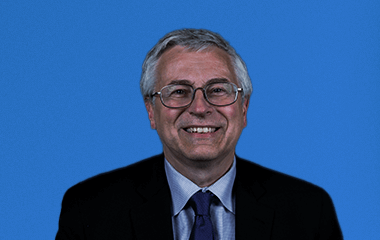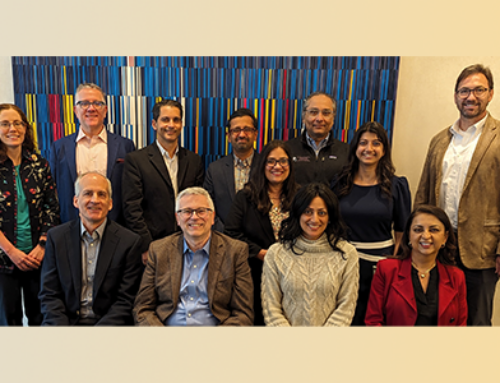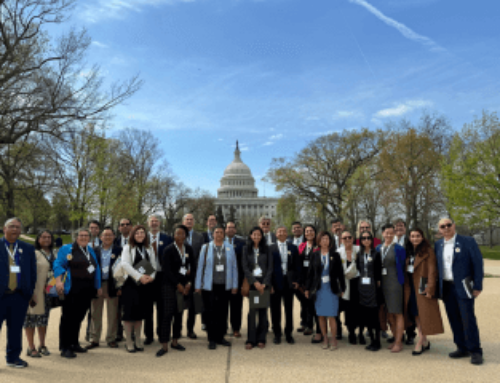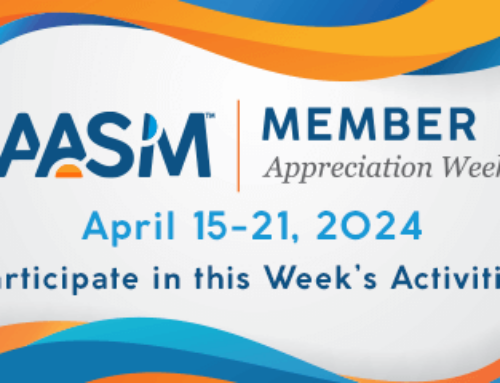In 2024 the American Academy of Sleep Medicine (AASM) has launched and continued a variety of initiatives to support our members, advance sleep and circadian care, and address ongoing challenges in the sleep field. Here are brief updates on some of the most significant developments.
New AASM strategic plan
The board of directors approved a new strategic plan that will be unveiled at the SLEEP 2024 annual meeting in June. The new AASM vision, “Sleep and circadian care is fundamental to health care,” will be supported by strategic goals focusing on sleep medicine awareness, practice success, and technology integration.
JCSM strategic plan and editor
The board of directors also approved a strategic plan for the Journal of Clinical Sleep Medicine (JCSM) and appointed a search committee that is evaluating candidates to be the next editor, who will be responsible for elevating JCSM’s reputation as the premier scientific journal for human sleep and circadian science.
New accreditation model
In response to the evolution of practice models in sleep medicine, the AASM is about to introduce a new, modular accreditation system based on services. It allows for greater flexibility by accommodating all practice types and enabling the easy addition or removal of services within a network. The AASM Standards for Accreditation also have been reviewed and updated to reflect current practices and technology. An official announcement will be made in the coming days.
HSAT code change application
In June the AASM is planning to submit a code change application to the American Medical Association (AMA) Current Procedural Terminology (CPT) Editorial Panel. We are proposing to update the CPT home sleep apnea test (HSAT) codes (95800, 95801, and 95806) since they no longer capture all the diagnostic sleep testing technologies that are being used outside of the sleep center. New, FDA-authorized technologies, with varying levels of complexity, have been developed since the previous establishment of the unattended sleep test code family. This proposal is a key step forward to ensure that HSAT codes accurately reflect the services provided by sleep clinicians.
Actigraphy request for reconsideration
The AASM is submitting a request for reconsideration to all Medicare administrative contractors (MACs), asking that each local coverage determination (LCD) policy be modified to allow actigraphy to be reimbursed as a standalone service. This is the latest action in our ongoing “Act on Actigraphy” campaign.
Sleep technologist shortage
The AASM’s Sleep Technologist Shortage Presidential Committee has been working to identify barriers that contributed to the national shortage of sleep technologists. This joint committee comprises representatives from the AASM, American Association of Sleep Technologists (AAST), Board of Registered Polysomnographic Technologists (BRPT), and the Committee on Accreditation for Polysomnographic Technologist Education (CoA-PSG). This summer it will propose recommendations to help rebuild the workforce.
Physician and sleep team compensation analysis
The board of directors gave approval to proceed with a new compensation analysis of physicians, advanced practice providers (APPs), and sleep technologists, which will serve as an update to the AASM’s 2018 compensation survey report. Members will be surveyed over the summer, and the results should be available in late 2024.
Standardized APP training
To promote standardized training and onboarding for APPs in sleep medicine, the AASM has developed a new certificate program, “ASTEP Introduction to Clinical Sleep Medicine for APPs.” It will be released by the end of the month, providing an intensive review of the essentials of sleep medicine and guiding APPs in launching a career in the sleep field.
Maintenance of certification feedback
The AASM is gathering feedback from our physician members about the maintenance of certification (MOC) or “continuing certification” program that is administered by the sleep medicine specialty boards. Please look for an email invitation and take two minutes to complete the survey by May 31. Your input will help us continue to advocate for sleep physicians.
Autoscoring software certification
The AASM Autoscoring Certification program is independently evaluating the real-world performance of autoscoring software that provides adult sleep stage scoring from the analysis of data gathered by polysomnography. Sleepware G3 with Somnolyzer v4.0.2.0 by Philips RS North America LLC and EnsoSleep by EnsoData are the first software systems to earn stage-specific certification through the pilot program.
RLS and PLMD treatment guideline
This AASM clinical practice guideline updates the 2012 practice parameters, providing recommendations for the treatment of restless legs syndrome (RLS) and periodic limb movement disorder (PLMD) in adult and pediatric patients. It was posted for public comment in March, and the task force is making revisions and preparing a final draft for publication later this year.
AASM Foundation support
The AASM Board of Directors approved a $10 million block grant to provide $2 million per year over five years in continued support of the programs and activities of the AASM Foundation.
National Academies sponsorship
The AASM agreed to help sponsor the new National Academies of Sciences, Engineering, and Medicine consensus study, “Sleep Across the Lifespan: Implications for Health and Research.” This study will help update the influential 2006 Institute of Medicine report, “Sleep Disorders and Sleep Deprivation: An Unmet Public Health Problem.”
I look forward to providing more updates on these activities and other initiatives when I give the president’s report at the AASM annual membership meeting on Monday, June 3, during the SLEEP 2024 annual meeting. I encourage you to register today and join us in Houston for the premier sleep and circadian meeting. I look forward to connecting with you at SLEEP!
Sincerely,
James A. Rowley, MD, FAASM
President









